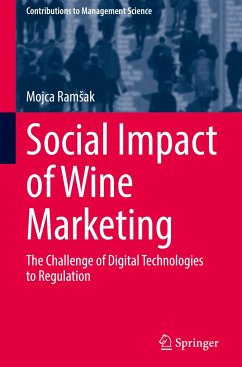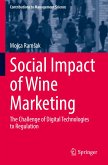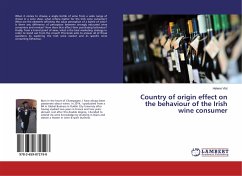This book is inspired by the term "digiwine," a neologism referring to the production and/or marketing of wine through the use of new technologies and robotics such as vineyard information systems, sensor units, weather stations, drones, robotic harvesters, social media videos, digital labels, and wine apps. The alcohol industry is using these technologies to develop digital strategies and online tools for more efficient sales of wine. This book analyzes the use of digital alcohol marketing, the reasons for it, the role of regulation, and its social impact. In particular, malignant forms of alcohol marketing to youth are precisely described through exact case descriptions from the global milieu. The author questions whether the loopholes in the legislation or inefficiency of self-regulation have negative consequences that can no longer be prevented by public health care programs.
When and how did the alcohol industry become so deeply interwoven in our lives that we mindlessly advertise and parade in its shadow on social media and that we increasingly buy alcohol digitally for fun, in innovative packaging, and with strange ingredients combinations? Dr. Mojca Ramsak's book peels back the layers of the alcohol industry's most obvious yet overlooked marketing tactics. It also reveals the sluggishness of preventive and curative efforts, as well as legal or self-regulatory measures, at keeping up with the alcohol industry's use of technology.
- Nadja Furlan Stante, Principal Research Associate and Professor of Religious Studies, Science and Research Centre of Koper, Slovenia.
When and how did the alcohol industry become so deeply interwoven in our lives that we mindlessly advertise and parade in its shadow on social media and that we increasingly buy alcohol digitally for fun, in innovative packaging, and with strange ingredients combinations? Dr. Mojca Ramsak's book peels back the layers of the alcohol industry's most obvious yet overlooked marketing tactics. It also reveals the sluggishness of preventive and curative efforts, as well as legal or self-regulatory measures, at keeping up with the alcohol industry's use of technology.
- Nadja Furlan Stante, Principal Research Associate and Professor of Religious Studies, Science and Research Centre of Koper, Slovenia.








